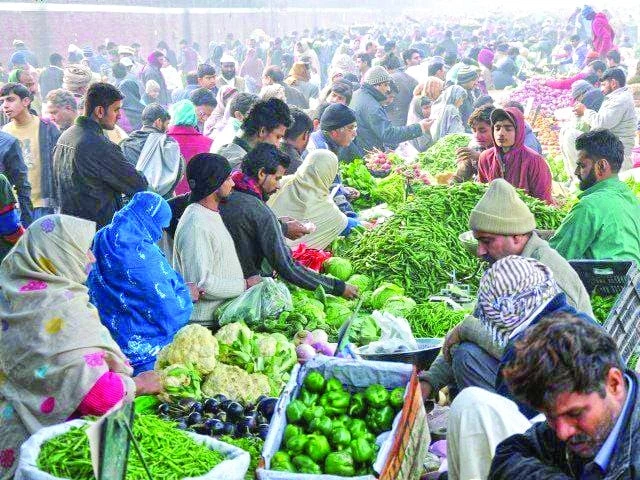Govt plans tax hikes, subsidy cuts under IMF-backed budget
Solar panels, agriculture face tax hit as govt aims to boost revenue, cut deficit in 2025-26 budget

The government is poised to unveil a tough federal budget for the fiscal year 2025-26, with sweeping reforms likely to trigger a new wave of inflation as the government looks to meet stringent demands set by the International Monetary Fund (IMF), sources claimed.
According to Express News, Virtual talks between Pakistan’s economic team and IMF officials are ongoing, focused on increasing tax revenues and narrowing the country’s fiscal deficit. The measures being discussed include raising the sales tax on luxury goods above the current 25 per cent threshold and expanding the list of taxable items.
"The government is seriously considering strict fiscal steps to meet IMF targets," a senior official involved in the discussions said.
The IMF has called for greater transparency in the tax system, expanded use of technology to curb evasion, and more authority for tax enforcement agencies. In response, the government is reportedly planning a tenfold increase in penalties for tax evasion via point-of-sale (POS) systems — from Rs0.5 million to 5 million — and may introduce criminal proceedings for serious offenses.
Read more: SAI urges tax reforms in budget proposals
Also under review is the removal of tax exemptions across various sectors, including solar panels. Analysts warn such moves could stifle investment in renewable energy and burden households already grappling with rising costs. "The withdrawal of tax relief for solar products will deal a blow to clean energy efforts," said one energy sector analyst.
Farmers, too, may be hit hard. The proposed budget includes an 18 per cent general sales tax on fertilizers, pesticides, and agricultural equipment, along with possible hikes in federal excise duties on agri-inputs, according to sources.
Economic experts caution that these measures, if approved, will drive up inflation, hamper agricultural productivity, and worsen the cost-of-living crisis. “These are painful but necessary steps,” an official said. “The priority is to secure the IMF deal to prevent a deeper economic crisis.”
The budget is set to be presented on June 10.




















COMMENTS
Comments are moderated and generally will be posted if they are on-topic and not abusive.
For more information, please see our Comments FAQ